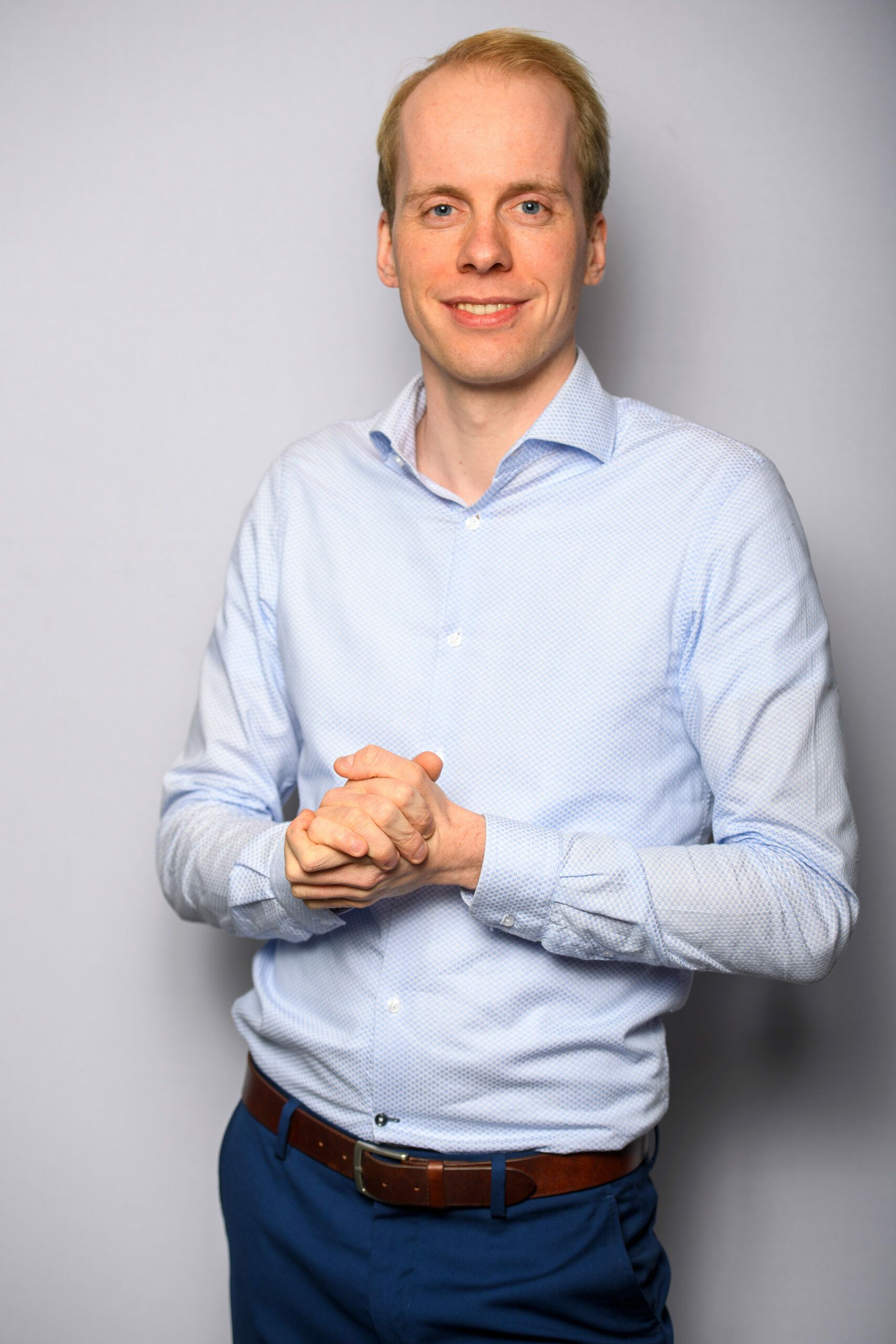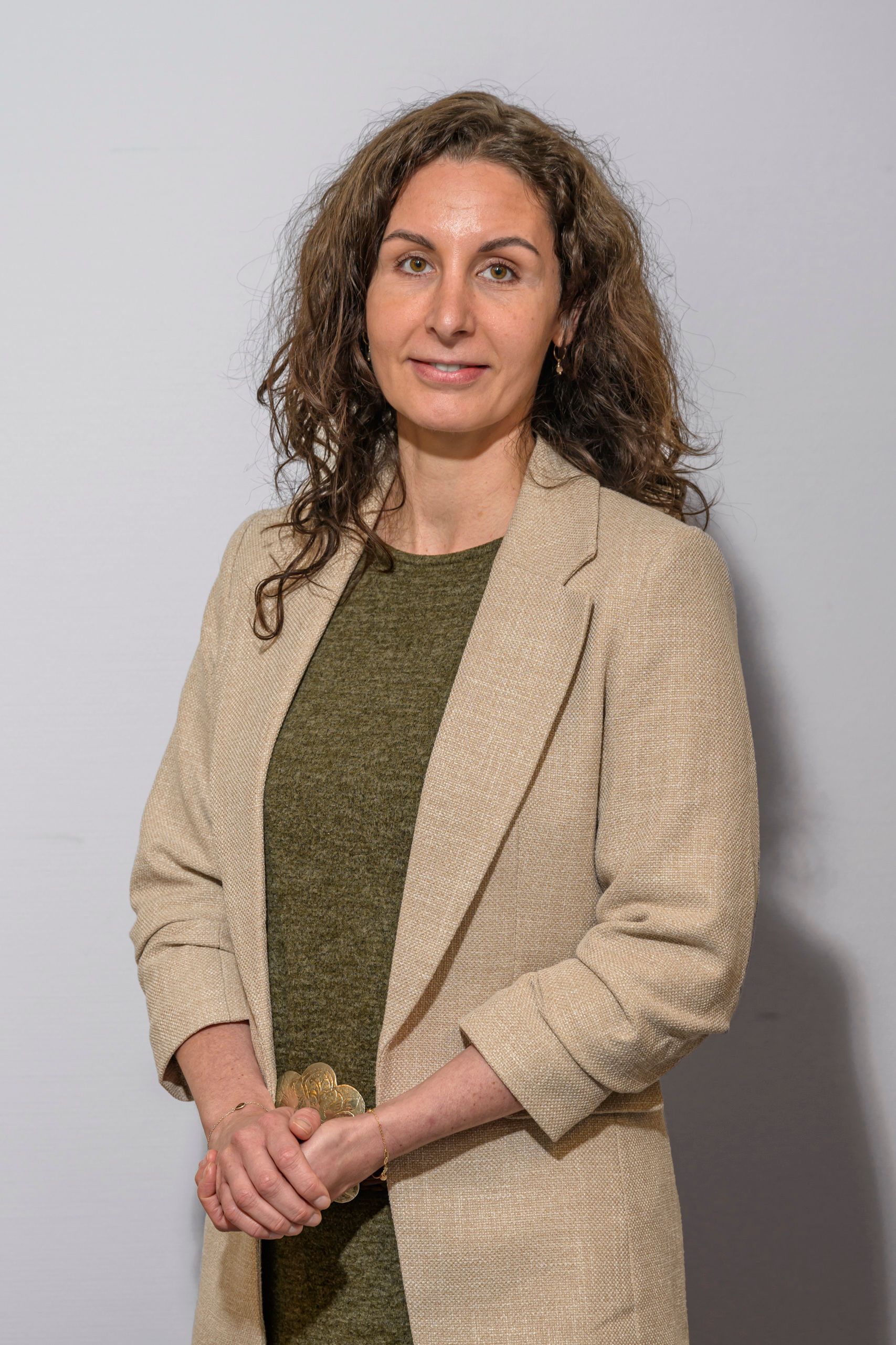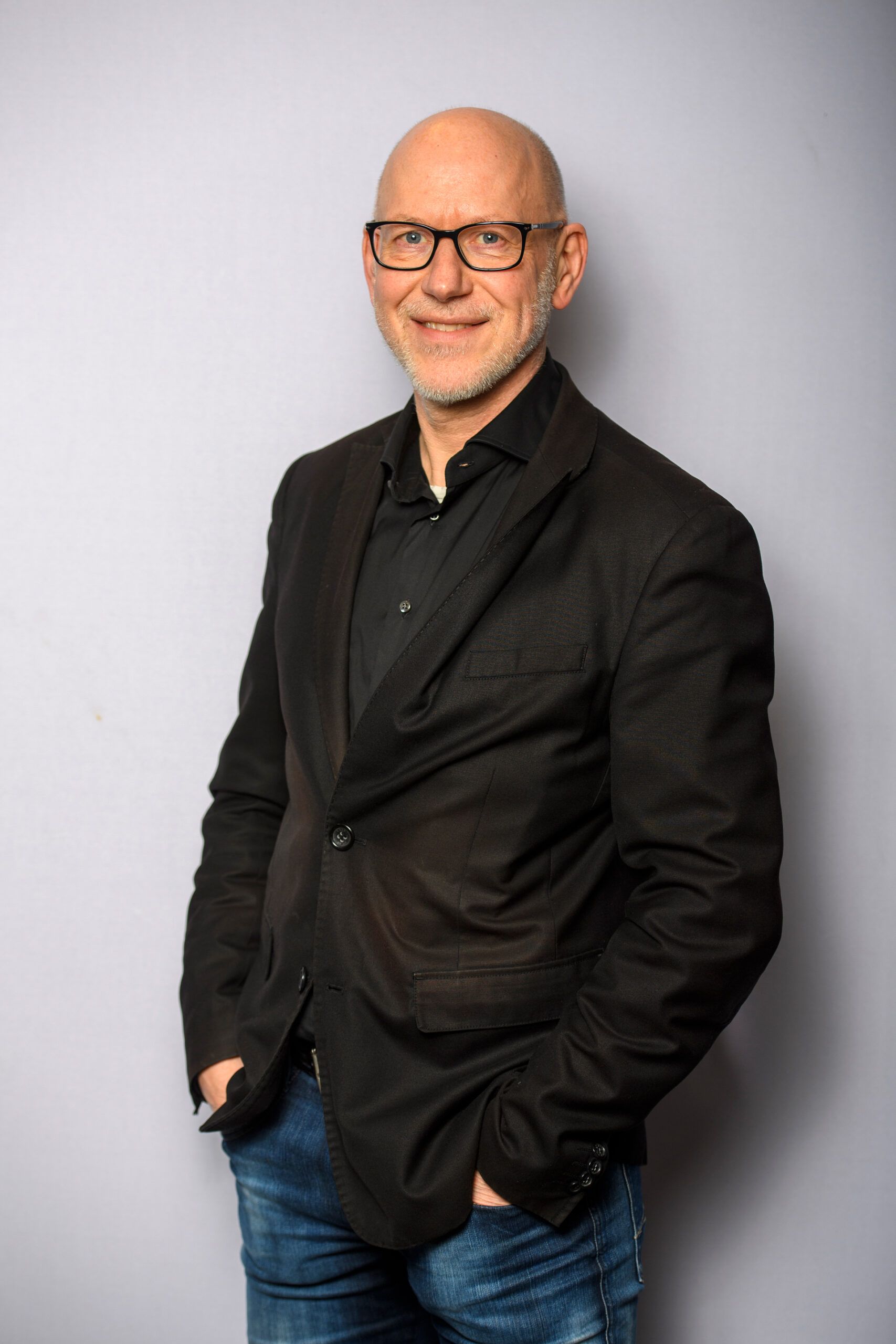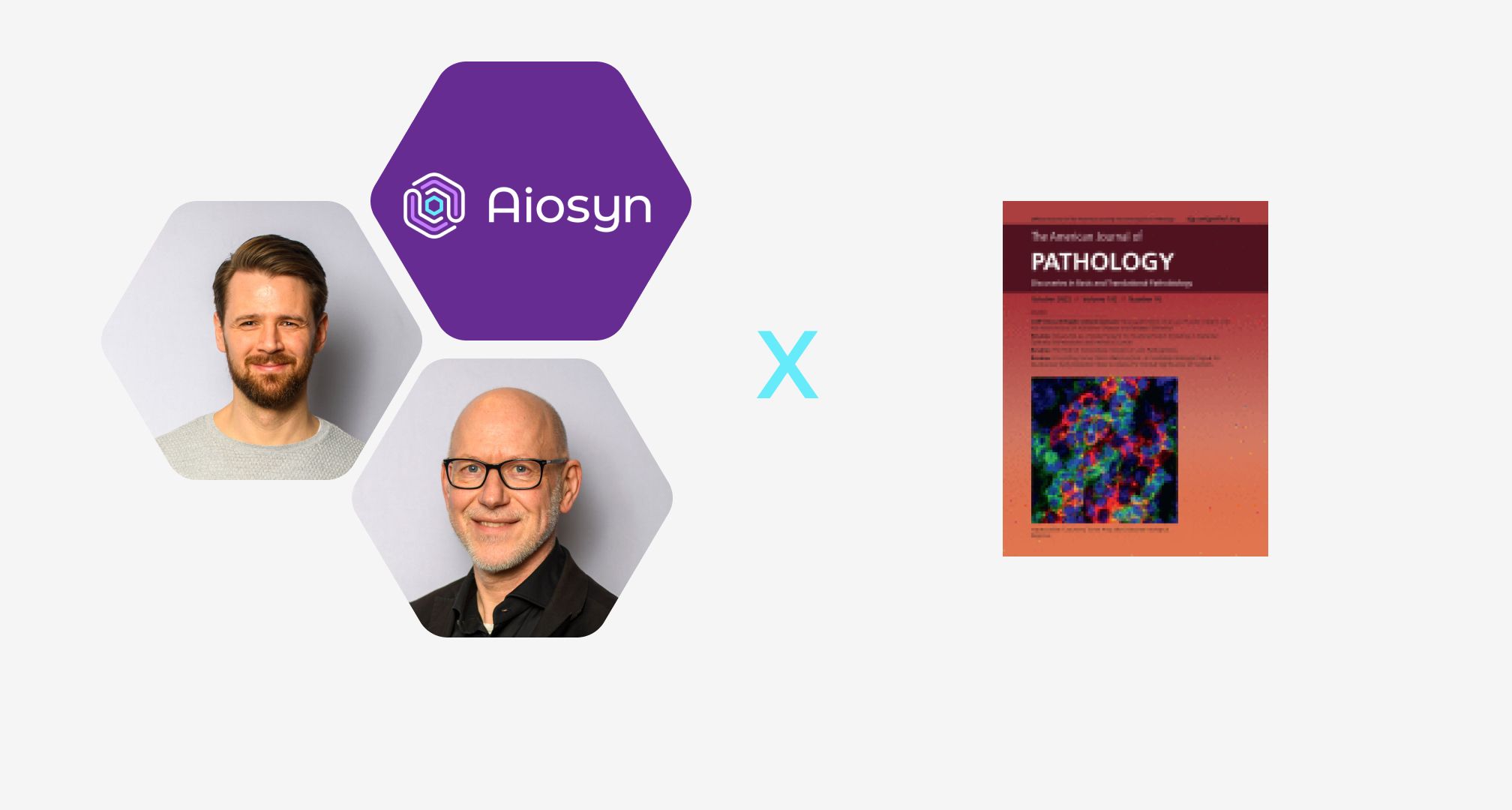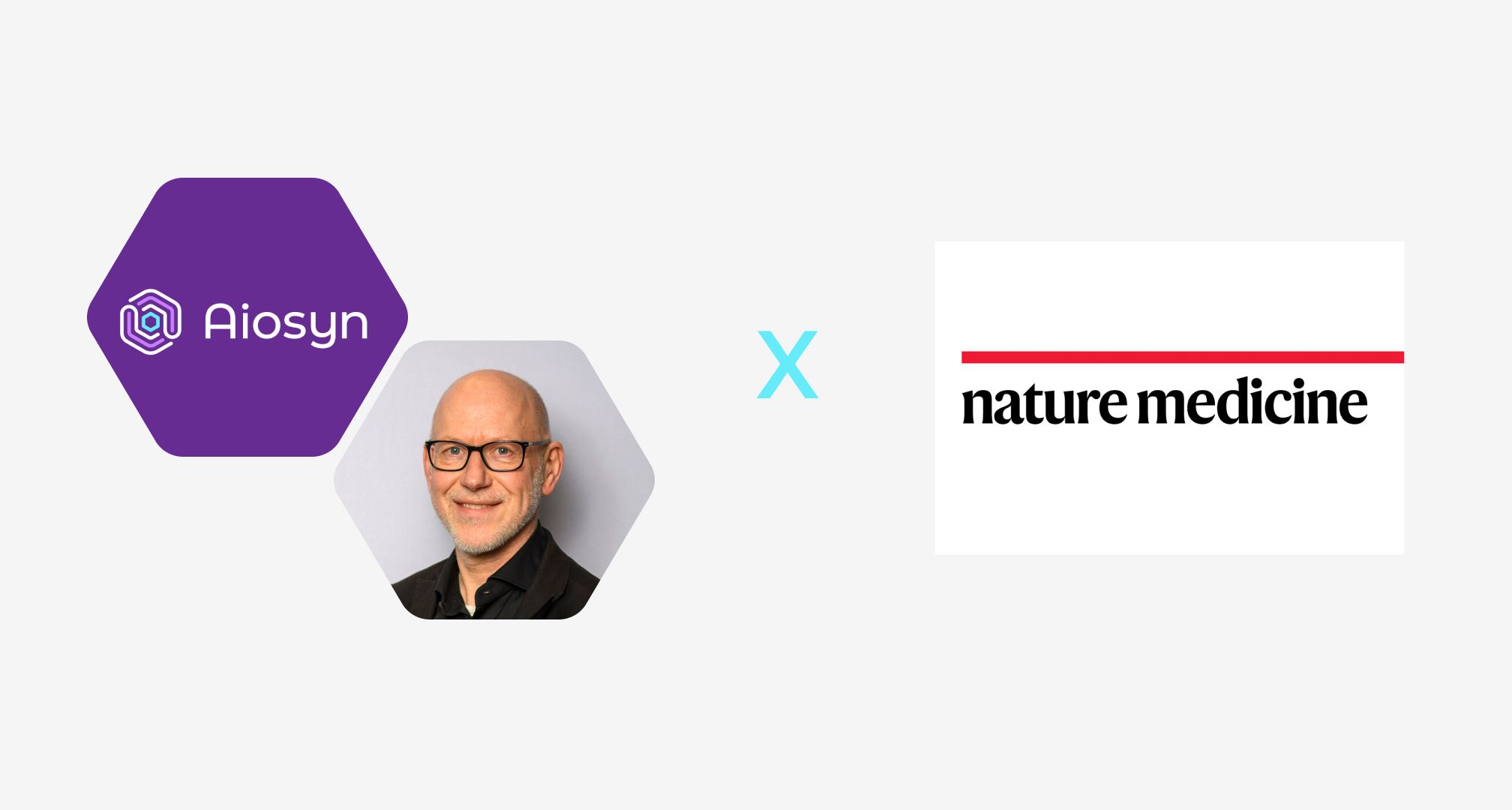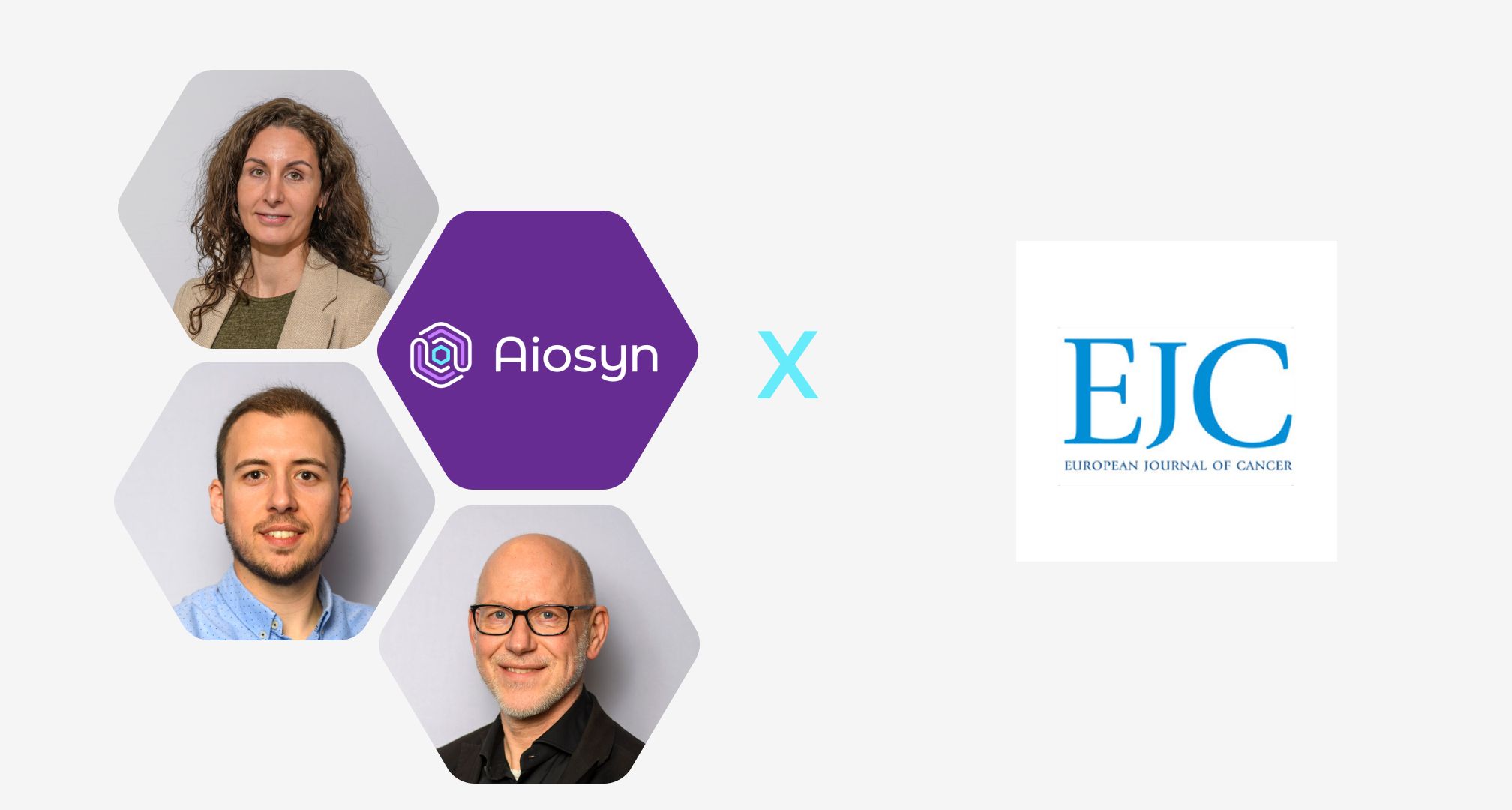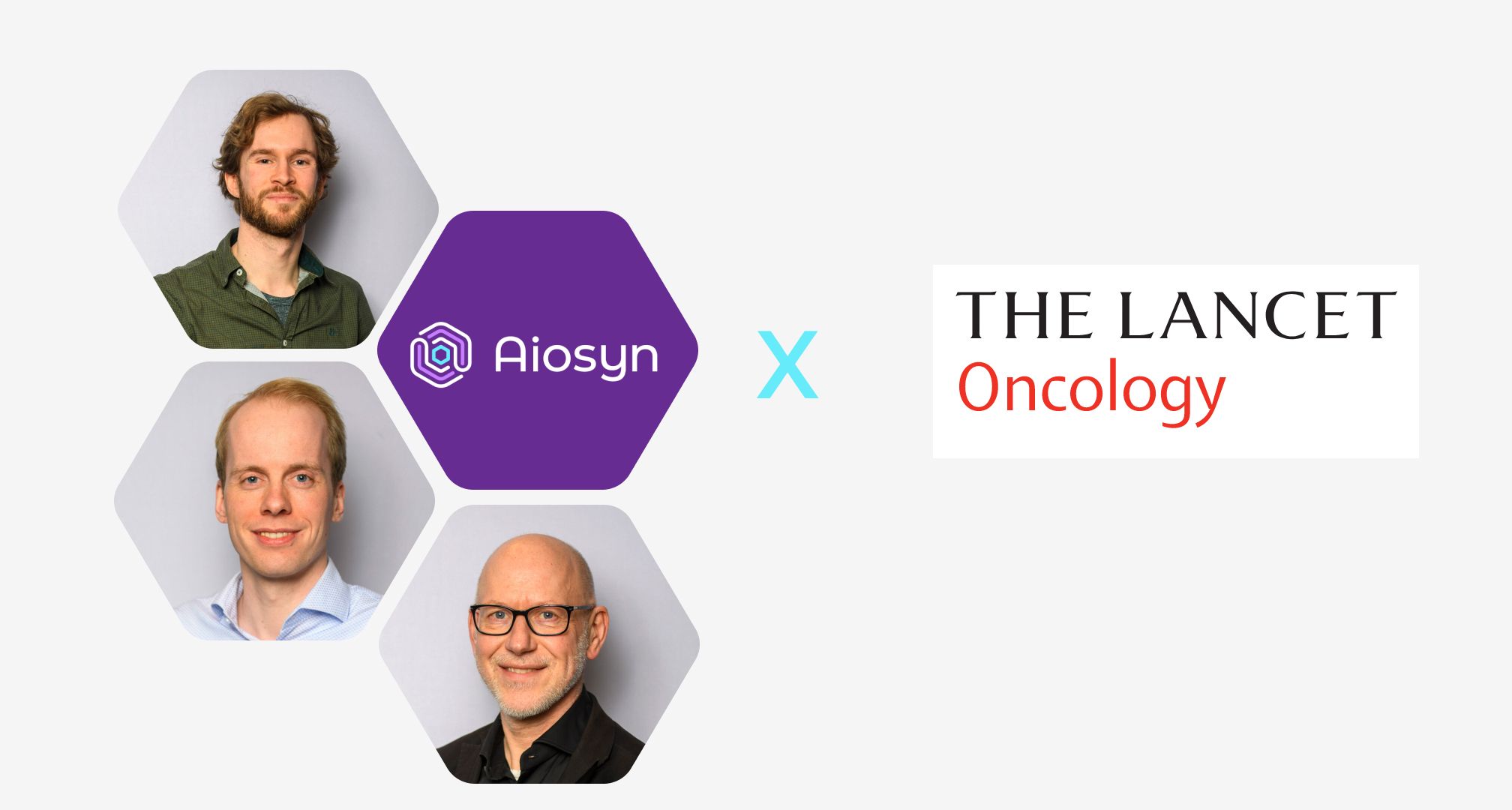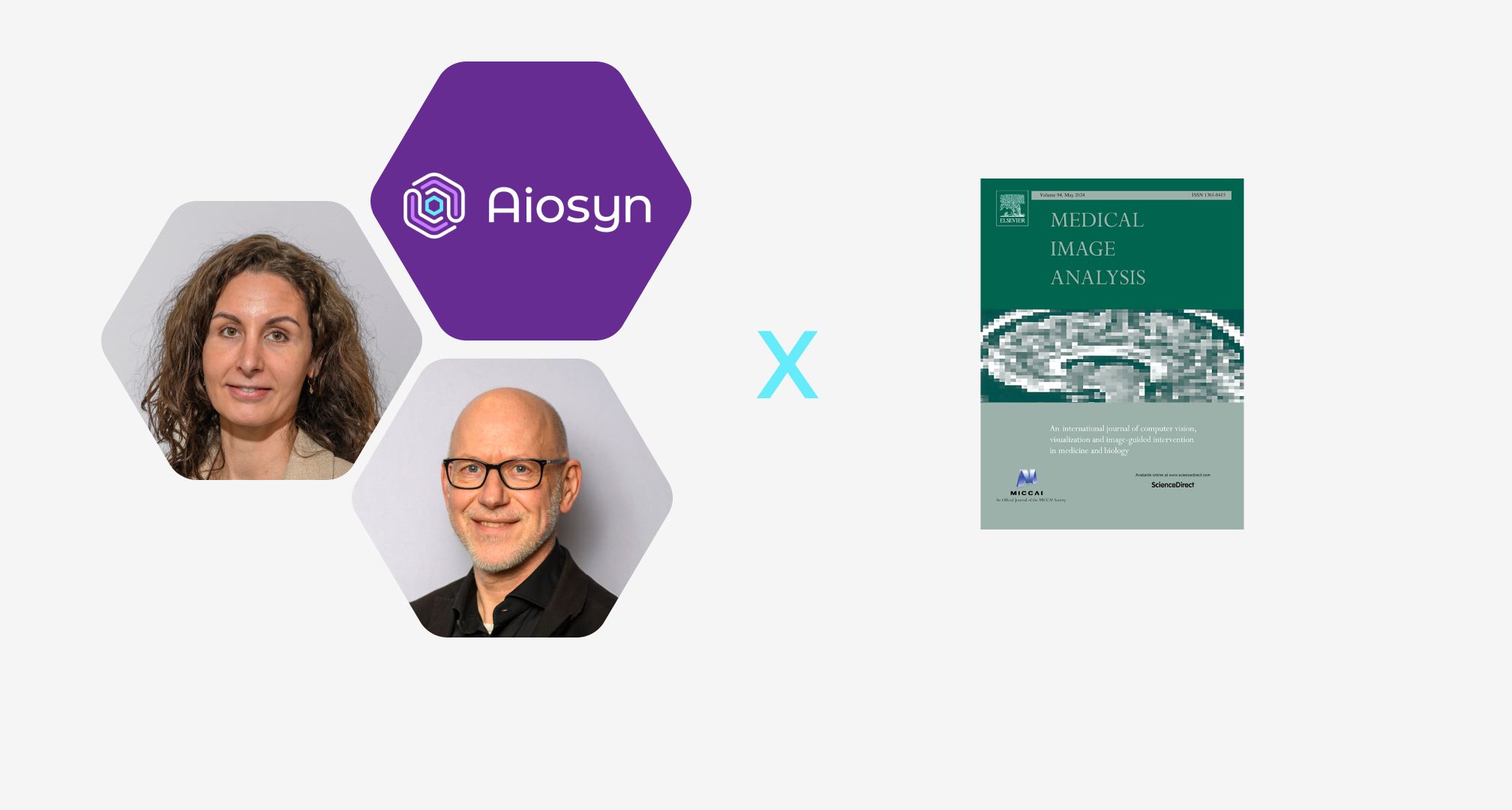Authors
W. Bulten, M. Balkenhol, J. Awoumou Belinga, A. Brilhante, A. Çakır, L. Egevad, M. Eklund, X. Farré, K. Geronatsiou, V. Molinié, G. Pereira, P. Roy, G. Saile, P. Salles, E. Schaafsma, J. Tschui, A. Vos, ISUP Pathology Imagebase Expert Panel, H. van Boven, R. Vink, J. van der Laak, C. Hulsbergen-van der Kaa. G. Litjens
Abstract
The Gleason score is the most important prognostic marker for prostate cancer patients, but it suffers from significant observer variability. Artificial intelligence (AI) systems based on deep learning can achieve pathologist-level performance at Gleason grading. However, the performance of such systems can degrade in the presence of artifacts, foreign tissue, or other anomalies. Pathologists integrating their expertise with feedback from an AI system could result in a synergy that outperforms both the individual pathologist and the system. Despite the hype around AI assistance, existing literature on this topic within the pathology domain is limited. We investigated the value of AI assistance for grading prostate biopsies. A panel of 14 observers graded 160 biopsies with and without AI assistance. Using AI, the agreement of the panel with an expert reference standard increased significantly (quadratically weighted Cohen’s kappa, 0.799 vs. 0.872; p = 0.019). On an external validation set of 87 cases, the panel showed a significant increase in agreement with a panel of international experts in prostate pathology (quadratically weighted Cohen’s kappa, 0.733 vs. 0.786; p = 0.003). In both experiments, on a group-level, AI-assisted pathologists outperformed the unassisted pathologists and the standalone AI system. Our results show the potential of AI systems for Gleason grading, but more importantly, show the benefits of pathologist-AI synergy.
More Publication
-
Convolutional Neural Networks for the Evaluation of Chronic and Inflammatory Lesions in Kidney Transplant Biopsies
01 October, 2022 • By Peter Bandi
Read more -
Artificial intelligence for diagnosis and Gleason grading of prostate cancer: the PANDA challenge
13 January, 2022 • By Jeroen van der Laak
Read more -
Deep learning in histopathology: the path to the clinic
14 May, 2021 • By Jeroen van der Laak
Read more -
Deep learning enables fully automated mitotic density assessment in breast cancer histopathology
01 October, 2020 • By Jeroen van der Laak
Read more -
Automated deep-learning system for Gleason grading of prostate cancer using biopsies: a diagnostic study
01 February, 2020 • By Jeroen van der Laak
Read more -
Deep Learning–Based Histopathologic Assessment of Kidney Tissue
01 October, 2019 • By Thomas de Bel
Read more -
Learning to detect lymphocytes in immunohistochemistry with deep learning
21 August, 2019 • By Jeroen van der Laak
Read more -
Quantifying the effects of data augmentation and stain color normalization in convolutional neural networks for computational pathology
21 August, 2019 • By Jeroen van der Laak
Read more
